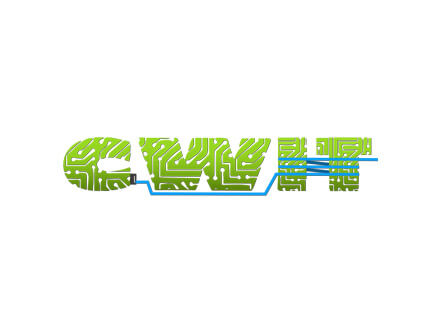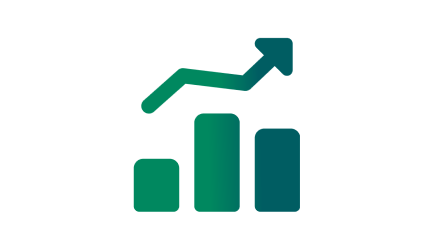Countering illegal trade in WEEE
Only one-third of all e-waste that arises in Europe every year is reported as collected the other two-thirds is unaccounted for or ends up in illegal shipments to other parts of the world, in the waste bin or fly tipped. CWIT - Countering WEEE Illegal Trade - allowed the WEEE Forum to better understand how to account for the ‘parallel flows’, and what measures are most effective in countering illegal or sub-standard operations.
The CWIT project concluded that the mismanagement of discarded electronics within Europe involves a volume 10 times that of e-waste shipped to foreign shores in undocumented exports, following its 2-year investigation into the functioning of the used and waste electronics market.
The project found that in Europe just 35% (3.3 million tonnes of 9.5 million tonnes) of used (but still functioning) and waste electronics and electrical equipment discarded by companies and consumers in 2012 wound up in official collection and recycling systems.
The other discarded electronics - 6.2 million tonnes in all - was either exported, recycled under non-compliant conditions or simply thrown in waste bins.
The study estimated that 1.3 million tonnes of discarded electronics departed the EU in undocumented mixed exports, of which an estimated 30% (about 400,000 tonnes) was electronic waste; and 70% functioning equipment.
In Europe just 35% of used and waste EEE in 2012 wound up in official collection and recycling systems.
More than 10 times the 400,000 tonnes of e-waste exported - some 4.7 million tonnes - was wrongfully mismanaged or illegally traded within Europe itself. The research also found, even in the few EU member states with robust, effective reporting systems, monitoring of de-pollution efforts and up-to-standard treatment conditions are not always securely in place.
The widespread theft of valuable components such as circuit boards and precious metals from waste electronics results in a serious loss of materials and resources for compliant waste processors in Europe. This annual estimated loss is valued at between €800 million and €1.7 billion (US $877 million to $1.86 billion).
Avoided costs of compliance with EU regulations (mainly de-pollution), is estimated at €150 million to €600 million (US $165 million to $658 million) annually.
The project was funded by the EU under the Seventh Framework Programme for Research and Technological Development and was undertaken by INTERPOL, United Nations University (UNU), United Nations Interregional Crime and Justice Research Institute, the WEEE Forum, the Cross Border Research Association, Zanasi & Partners and Compliance and Risks.
Download below the CWIT Final Report as well as the recommendations documents:
Recommendations for the electronics industry
Recommendations Related to the European Legal Framework
Recommendations for the WEEE treatment and waste management industry


